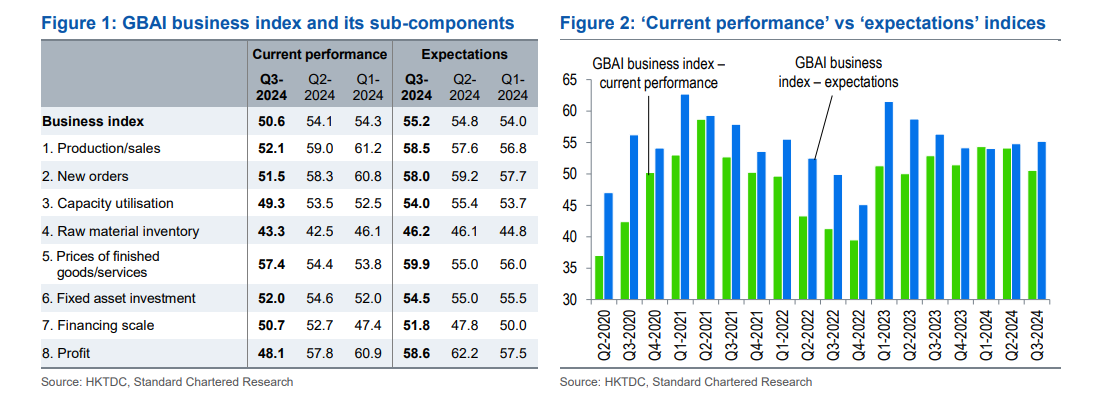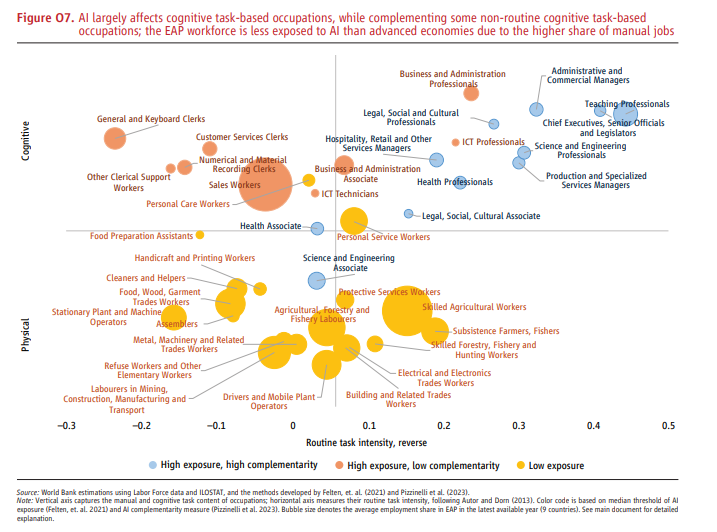China Advances Capital Market Reform with Central Bank's Swap Facility
At the 2024 Financial Street Forum Annual Conference on October 18, China's Securities Regulatory Commission (CSRC) Chairman Wu Qing announced a significant new initiative aimed at bolstering the country's capital market reform. The CSRC approved 20 securities and fund companies to access the central bank's newly introduced swap facility, marking a major step towards deepening financial market stability and liquidity.
Wu outlined a series of measures designed to enhance the financial system's capacity to support economic recovery. He emphasized the importance of boosting financial supply, particularly from institutions, to stimulate both the supply and demand sides of the economy. Addressing bottlenecks in credit provision was a key focus, with Wu underscoring the critical role banks play as the primary financing channel. He stressed that successful financing hinges on banks being "willing, able, and proactive" in their lending practices.
As part of China's broader reform efforts, Wu highlighted the importance of legal and compliant share reductions while reinforcing strict measures against illegal or circumvention-based reductions. Recent regulatory actions have targeted violations, leading to share repurchases and the surrender of illegal profits. Wu emphasized that future work will focus on issues like pricing in both primary and secondary markets, as well as investor protection, using case studies to drive reform outcomes.
A key aspect of China's capital market reform is the implementation of the "six guidelines for mergers and acquisitions," with a push for the rollout of exemplary cases. Wu reaffirmed the CSRC’s commitment to advancing systemic openness in both markets and institutions. He expressed the regulator’s determination to broaden channels for overseas listings, encourage foreign institutions to invest in China, and ensure greater stability, transparency, and predictability in policy. These efforts aim to create an environment in which all forms of capital can thrive.
The People's Bank of China (PBOC) launched the Securities, Funds, and Insurance Companies Swap Facility (SFISF) on October 10th. With an initial application quota exceeding 200 billion yuan (about 28.1 billion USD), the swap facility allows qualified securities, funds, and insurance firms to use assets such as bonds, stock ETFs, and shares in CSI 300 Index constituents as collateral in exchange for highly liquid assets like treasury bonds and central bank bills. This new tool is intended to enhance liquidity and stabilize the capital markets.
Twenty securities and fund companies have already been approved to participate in the SFISF, marking an important step in China's efforts to safeguard the financial system. The PBOC also introduced a special re-lending facility, offering 300 billion yuan at an interest rate of 1.75%. This facility is designed to encourage banks to provide loans to listed companies and their major shareholders for share buybacks and increased holdings. The initiative is open to various types of companies, regardless of ownership structure, showcasing a broad commitment to supporting the market’s key players.






















































First, please LoginComment After ~